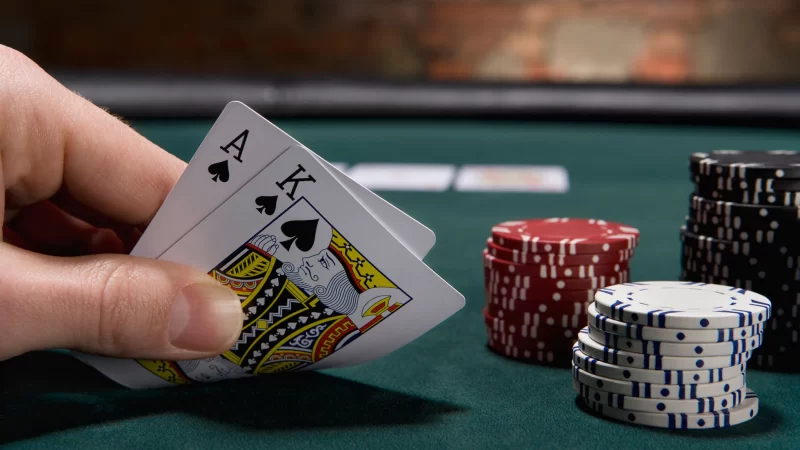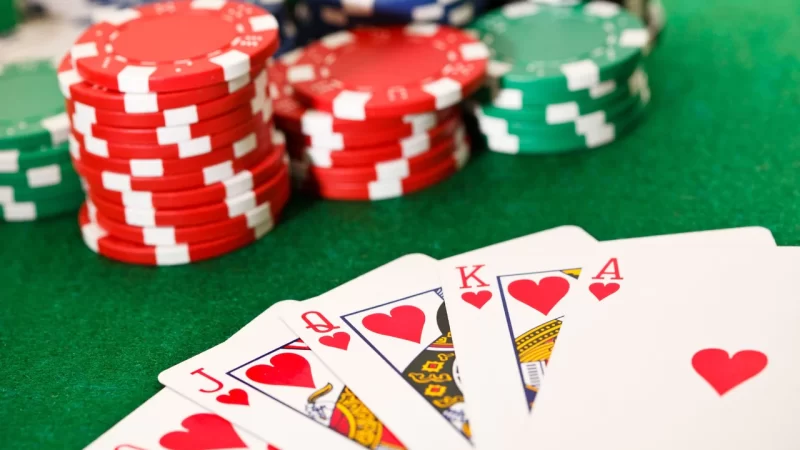The Loneliness of Professional Poker Players
There are many misconceptions out there regarding professional poker play, but few understand the true realities of it all. Playing professionally doesn’t entail traveling the world and winning million-dollar final tables all of a sudden; poker is a game which requires long periods of concentration and isolation, as well as extensive study outside the table to discover and fix leaks in your game.
No real team
Poker is a personal pursuit; when played as a profession, your success (or failure) rests solely within your control. While that freedom can be both liberating and frustrating when your peers engage in questionable practices like multi-accounting, superusing or collusion, it must also remain ethical.
Additionally, it can be challenging to form lasting friendships in the game since everyone is looking out for themselves. Furthermore, managing stress effectively during downswings can be extremely draining.
Researchers have recently demonstrated that players can form a community through treating poker as an integral part of life other than its financial benefits. Professional players generally possess higher degrees of skill compared to hobby players and this could explain their fast bankroll growth; by persevering through tough periods and learning from mistakes quickly they’re able to stay one step ahead of its natural fluctuations.
No real friendships
Poker players tend to struggle with building real, long-lasting friendships due to spending most of their free time alone in front of a computer screen or playing with fellow poker players. Although this can be beneficial, if camaraderie and teamwork-oriented lifestyle are important components to you then playing professionally may not be your ideal path forward.
Professional poker is often seen as an intensely competitive activity, where everyone wants to take your place and is ready to risk everything for victory. Without an effective support network in place, this can make the experience very lonely indeed.
Poker can also be emotionally draining; players often lose a significant sum in one session, leaving them feeling despondent and hopeless. Some individuals even develop gambling addictions.
No real support
Most professional poker players live a lonely existence. They spend many hours alone at their screens identifying leaks and fixing them using PokerTracker, while having to play an extremely high volume of poker so they rarely receive restful sleep, leading them to frequently feel fatigued and exhausted.
Professional poker players make most of their money from winning tournaments, so they must devote themselves to constantly improving their game in order to stay ahead of their competition and not fall behind them. Therefore it is imperative for professional poker players to remain focused on playing all of the time instead of taking too many breaks from it.
Some may find it challenging to manage on their own; most prefer having regular jobs that provide social interaction rather than working from their home office alone for hours on end without speaking to anyone.
No real competition
Poker is an individual sport and therefore not suitable as team sport. Players often spend long hours alone in a room battling it out against opponents who care only about making their money, which may cause feelings of isolation and loneliness for some people, particularly when competing in tournament poker which often requires multiple long hours-long battles with other competitors.
Though poker pros might appear to lead a glamorous life with million-dollar final tables and luxurious lifestyles, they often struggle with depression, self-esteem issues, alcohol dependency and other psychological disorders. Furthermore, poker professionals may engage in questionable behaviors such as tilting, multi-accounting or other forms of cheating to maintain an edge at the tables.
Poker is often perceived as being an activity reserved for wealthy individuals; however, this could not be further from the truth. Poker can be difficult for even professional players to sustain financially in first-world western countries and most have day jobs that supplement their poker careers as part of a retirement strategy plan rather than as career choices themselves.








